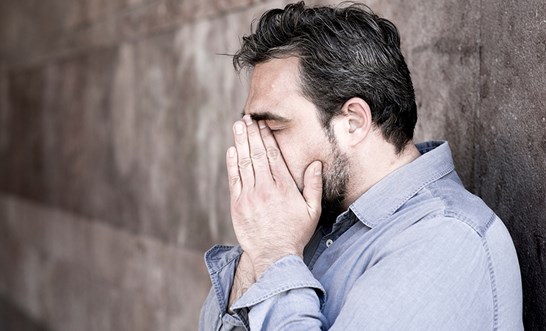Coronial Inquests
Coronial inquests are public hearings held to examine the cause and circumstances surrounding somebody’s death. In Queensland, inquests are conducted by magistrates in their role as coroners.
What deaths are subject to a coronial inquest?
Not all deaths are the subject of a coronial inquest. In many instances where a person’s cause of death is obvious and uncontroversial, there will be no inquest held. Coroners examine reports submitted by police in respect of each death and determine which need to be further investigated.
The family of a deceased person can request a coroner to investigate the death of their loved one, although it is ultimately a decision for the coroner as to which deaths require an investigation and inquest.
There are certain deaths which by law must be the subject of an investigation and inquest. These include:
- all deaths in police or prison custody, or the result of a police operation; and
- some deaths in care (i.e., those involving mental health facilities or nursing homes for the disabled etc) where there is concern about the deceased person’s care.
Coroner’s powers
Coroners have specific powers to assist them in investigating deaths. They have a power of entry at particular scenes and can direct police officers to conduct certain investigations on their behalf.
Coroners can order post mortems, and even exhumations of bodies that have already been buried. They can also obtain expert reports from qualified professionals in a particular field, and may subpoena documents and require witnesses to attend at court to give evidence on oath.
After an investigation is complete (usually by the police on a coroner’s behalf), a coroner then decides whether or not an inquest should be held. In making this decision the coroner will take into account the wishes of the deceased’s family and any other interested parties.
What happens at a coronial inquest?
An inquest usually commences some weeks or months after a determination to have one has been made. Any party that has a direct legal interest in the outcome of the inquiry is likely to be given leave (permission) to appear.
The coroner will usually be assisted at the inquest by a police prosecutor or another lawyer. That person will act as “counsel assisting” and be primarily responsible for questioning witnesses on oath.
Prior to an inquest commencing, witnesses will usually have completed a statement which is formally tendered to the court at the inquest. Each witness can then be questioned about their statement, firstly by counsel assisting the coroner. Other parties that have been given leave by the coroner to appear at the inquest can also then question the witnesses.
At the conclusion of the inquest the coroner must deliver findings in which they establish, if possible, who the deceased was, when and where the deceased died and how they died.
Coronial inquests also involve two other important functions
The first is the coroner’s power to make “recommendations”. Part of the coroner’s duty is to consider whether any recommendations or opinions should be publicly expressed with a view to avoiding similar deaths occurring in the future.
Another function of the coronial inquest is for the coroner to determine whether there is a reasonable suspicion that someone has committed an offence of some sort. A coroner may suspect that someone is responsible for the person’s death, for example due to murder, manslaughter or dangerous operation of a vehicle.
If the coroner reasonably suspects such involvement, the coroner has a duty to refer information gathered during an investigation (and inquest) to the relevant agency, commonly the Director of Public Prosecutions.
What’s the role of a lawyer at a coronial inquest?
Your lawyer in a coronial inquest will ensure that your interests are protected and advanced. That is done by assisting you in understanding and analysing the evidence, questioning witnesses on your behalf, and making submissions to the coroner.
If you are under suspicion for your role in the death of a person, it is vital that you are represented at any inquest into that death, to ensure that you are not unfairly blamed.
If the inquest concerns the death of a loved one, our role is to assist you, and the coroner, to understand what happened, why the fatality happened, how similar situations can be prevented from happening again, and to ensure that the right people are held accountable for the death.
In instances where a coroner has decided not to hold an inquest, but the family of the deceased wants an inquest held, we can assist in making submissions to the coroner (or if need be, a higher authority) to reverse that decision and have an inquest held.
When should you engage a lawyer to represent your interests at a coronial inquest?
Any person who has a direct interest in a death can seek leave (permission) to be represented at an inquest. In particular, anyone who fears they may be blamed for causing or contributing to the death should be represented. Commonly, the deceased’s next of kin will also be represented in an effort to find answers to what happened and why.
Anyone who has been summonsed as a witness to an inquest might also need representation – depending on their expected evidence.
A lawyer can assist in determining if representation is needed. Sometimes assistance is only needed for a small part of the inquest, rather than the whole proceeding.
Legal representation should be engaged early to allow time for your lawyers to understand the case, and liaise with the coroner’s office about the evidence to be heard at the inquest.
Contact Gilshenan & Luton
For representation at a coronial inquest in Queensland
Articles - Coronial Inquests

Coronial inquests in health care related deaths

